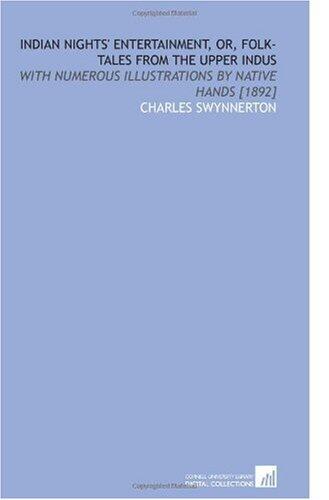Originally published in 1892, a collection of folktales of which the author writes: "In publishing the following stories, it is not needful to write much by way of introduction. As translations from the Panjabi of the Upper Indus, they are as literal as idiom and freedom of expression would permit. Their collection and compilation were the work of years, bringing solace in trouble and respite from the weariness of the long glowing days of summer in that hottest of all hot places, the Peshawur Valley. As folk-tales they claim of course the highest possible antiquity, being older than the Jatakas, older than the Mihabhirata, older than history itself. From age to age, and from generation to generation, they have been faithfully handed down by people rude and unlearned, who have preserved them through all the vicissitudes of devastating wars, changes of rule and faith, and centuries of oppression. They are essentially the tales of the people.
SAMPLE: THE MISER AND THE GRAIN OF WHEAT.
A GREAT miser was once sitting on a precipice and dangling his feet over the edge. Hunger having become insupportable, he took out his small bag of parched grain and began to toss the food, grain by grain, into his mouth. All at once a single grain missed its destination and fell to the bottom of the ravine. ' Ah, what a loss !' cried he. ' But even a grain of wheat is of value, and only a simpleton would lose it.' Whereupon he incontinently leaped down from the rock and broke both his legs.
Available for free from https://archive.org/details/cu31924023651072
Paperback: 416 pages
Publisher: Cornell University Library (January 6, 2010)
Language: English
ISBN-10: 1112604480
ISBN-13: 978-1112604485

